I am extremely confused about this one.
- Given the following rule ("Type and Programming Languages", Benjamin Pierce, page 72):
(λx.t)v2 -> [x -> v2]t (* E-AppAbs*)
Later in the same book, at page 87, we have (I simplified):
let is_value (e : expr) =
match e with
| Abstr (_, _)->true
| _ -> false
let rec step e =
match e with
| App(Abstr(x, t1), v2) when is_value v2 -> subst x v2 t1 (*E-AppAbs*)
| App(e1, e2) when is_value e1 -> App (e1, step e2) (*E-App2*)
| App(e1, e2) -> App(step e1, e2) (*E-App1*)
| _ -> raise NoRuleApplies
Note that is_value v2 is a necessary precondition before calling subst.
I hence, conclude that the term (λx.x)y
Is not reducible, because y is not a an abstraction.
(this is a screenshot from a Chicago university pdf, page 4)
Similarly, here, we can see that the accepted answers does:
(λx.xy)z ->* zy
This comes as contradiction to me, because, again, z above is not an abstraction.
Question: I don't understand what I am missing in definition, and why everyone keeps reducing stuff?
